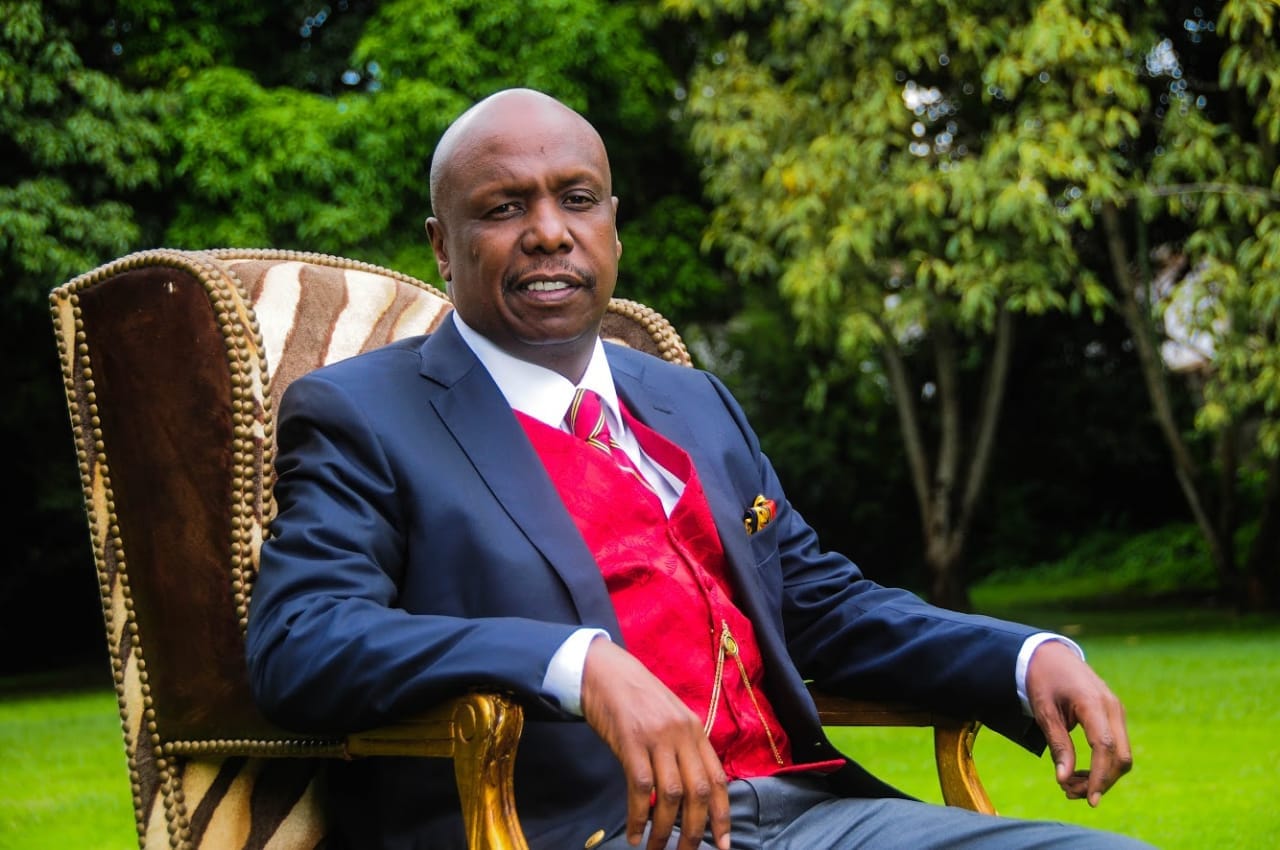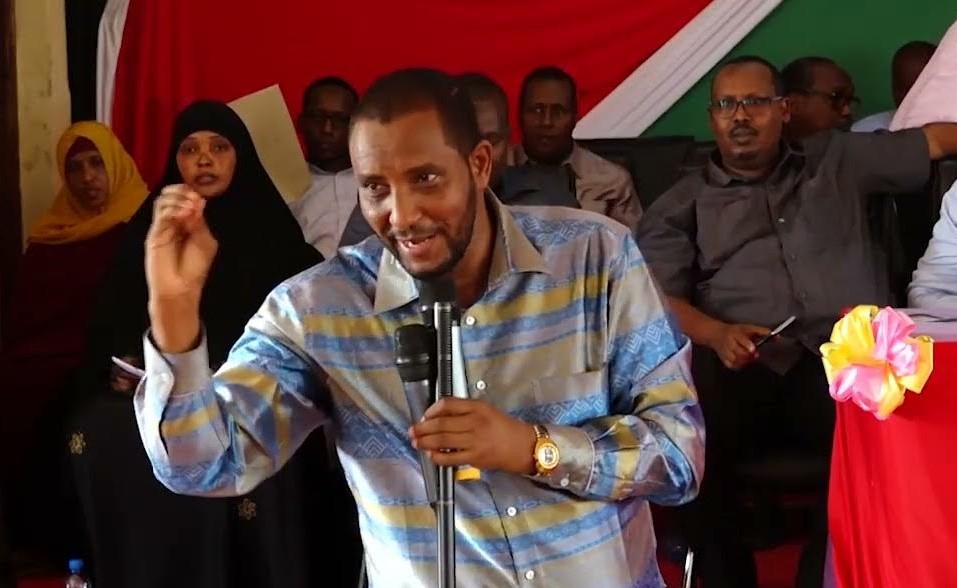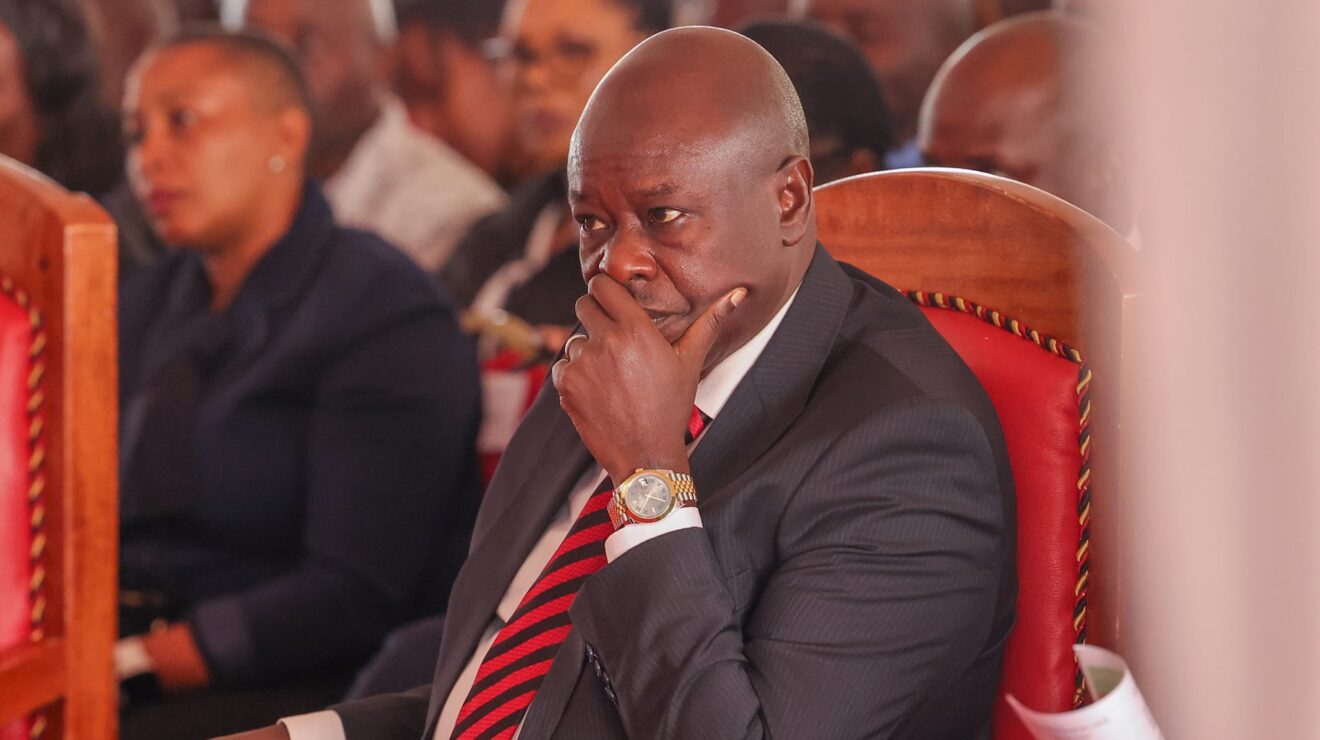Quorum problems have become all too familiar, with critical sittings adjourned due to insufficient attendance. A quarter of the National Assembly’s sittings over the past few months have been adjourned because of this issue—an absurdity in a chamber meant to represent the heart of the nation’s democracy. The Senate is also plagued by the same problem, with important motions and discussions delayed or abandoned altogether due to the absence of elected officials. These are not abstract issues; they are matters of life and death
In Kenya’s National Assembly and Senate, lawmakers, elected to represent the hopes, struggles, and aspirations of their people, have chosen to remain mute, their absence more resounding than any debate. The irony is stark: these individuals, entrusted with shaping the laws of the land, have become little more than names on a roster. Their silence is not born of diplomacy or thoughtful consideration but of apathy, a disinterest in engaging with the very issues they were sworn to address.
The figures tell the story. A record number of lawmakers have not uttered a single word on the floor. More than half of the MPs, though present in the chamber, have spoken less than ten times during debates. They attend votes on critical bills—bills that will affect the livelihoods of millions of Kenyans without contributing a single thought or word to the discussion. They have been reduced to automatons, casting their votes like mere cogs in a machine, performing their tasks with no connection to the people they serve.
Among these silent figures are prominent names: Oscar Sudi, a once vocal representative, now absent from the discussion; George Aladwa, who seems to have traded his role as an advocate for his constituents for a seat of indifference. As these lawmakers remain mute, their constituents face real, pressing issues: rising healthcare costs, unaffordable housing, and a tax system that seems to serve only the elite. Yet, in a startling display of neglect, their representatives have opted to bypass meaningful debate, instead choosing to pass bills that may not even align with the needs or wishes of the very people who elected them.
These absentee lawmakers are not just failing to speak; they are failing to listen. The concerns of the people—people who struggle daily to make ends meet, who battle rising costs of living, who contend with systemic corruption—are relegated to the periphery of parliamentary discussion. The decisions that shape the nation’s future are made in their absence, behind closed doors, far removed from the voice of the very citizens they claim to represent.
The bills being passed are often controversial, yet public participation in their creation is barely a consideration. Critical bills, such as those dealing with healthcare, housing, and taxation, have in the recent past been shoved through Parliament with little to no consultation from the people. More troubling still is the planned rush to amend the Constitution, altering provisions that could have far-reaching consequences for Kenya’s democracy, yet without genuine debate or citizen involvement. A proposed increase in the terms of elected leaders, for instance, has drawn widespread condemnation from the public, but it seems to matter little in the corridors of power.
It is a disturbing trend: legislative work being done with little to no regard for the citizens it is meant to serve. The focus has shifted from public service to political manoeuvring, from dialogue to silence. In this environment, what good is legislation if it does not reflect the will of the people?
Even when Parliament is in session, attendance issues undermine the process further. Quorum problems have become all too familiar, with critical sittings adjourned because of insufficient attendance. A quarter of the National Assembly’s sittings, over the past few months, have been adjourned due to this issue, an absurdity in a chamber meant to represent the heart of the nation’s democracy. The Senate, too, is plagued by the same issue, with important motions and discussions delayed or abandoned altogether due to the absence of elected officials. These are not abstract issues; these are matters of life and death. Discussions on the high cost of electricity, the government’s response to the rising crisis of femicide, and the approval of vital funding for county governments—all these issues hang in the balance, suspended by a lack of attendance.
But the problem goes deeper than just missing votes. It is a reflection of a democracy that is slipping away, one vote at a time. How can we, as citizens, trust a system in which our representatives are absent, uninterested, and unengaged? How can we believe that our voices will be heard when the very institution designed to represent us is instead consumed by its dysfunction? The lack of participation, the disregard for citizen input, and the flagrant disregard for quorum are not mere administrative inconveniences; they are symptoms of a deeper malaise, a crisis of representation that threatens the very foundations of Kenya’s democracy.
As the House empties and the debates grow quieter, one question remains: How long will the people stand by and let this silence drown out their voices? How long will citizens continue to elect leaders who sit in their seats but never engage, who vote but never listen, and who legislate without truly leading?
The future of Kenya’s democracy will be shaped not by the silence of the lawmakers but by the awakening of the people. If we want our concerns to be heard, we must demand more than just a presence in the chamber; we must demand engagement, accountability, and genuine representation. The silent chambers can no longer be the seat of power. It is time for the people to speak and for the lawmakers to listen. Only then will Kenya’s democracy truly reflect the hopes and needs of its people.





